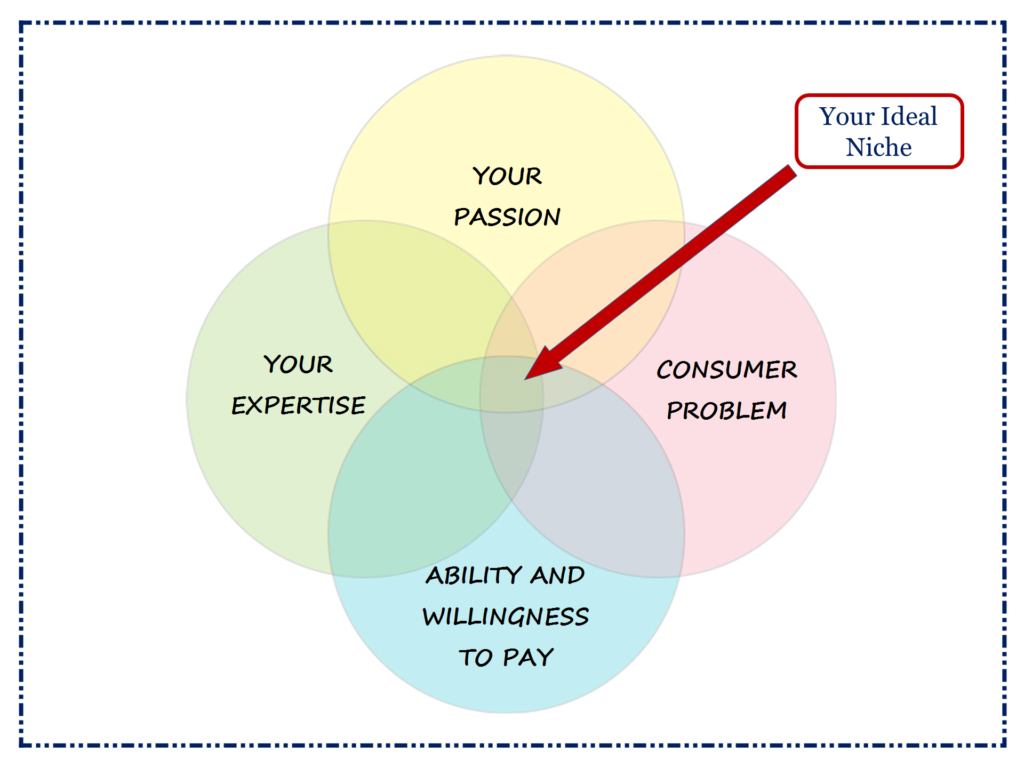A New Blog Series
I have decided to write a series of blog posts focused on how to get started on your nonclinical online business. It has been a long time since I wrote a dedicated blog post not related to a podcast episode. But it is time to ramp up this part of the web site!
The topics will be about starting and growing a business, entrepreneurship, and all of the online tools and tricks that I have learned over the past few years.
How Did I Get Started?
I started my first blog about four years ago because I wanted to do something creative, hone my writing skills, and help physicians. My first blog, called “Contract Doctor,” was devoted to helping with contract negotiations. The response was modestly positive, but it didn't get a lot of traction.
I found later that I was interested in writing about my experiences as a Chief Medical Officer. And I wanted to encourage physicians to step up to management and leadership positions in the hospital setting. So, I started my second blog the Vital Physician Executive.
I wrote articles about the differences between clinical practice and working as an executive. I addressed topics for physician leaders, including new skills to learn, new attitudes to adopt, and related topics. But it soon occurred to me that this topic of being a hospital leader was a subset of a much broader topic, that of nonclinical careers. So, I started the PNC podcast addressing that larger niche, and now I'm into my 143rd episode.
I’ve since found that there are products and services that physicians are willing to purchase to expedite their career transitions. This became evident when I started helping with a Facebook group (Physician Nonclinical Career Hunters) devoted to nonclinical careers two years ago, which now has over 13,000 members. And I recognize that there's a demand for coaching, mentoring, and training. Several books have been published on the subject of nonclinical careers. There is a growing interest in this niche. And I’ve started to sell my own products.
Reminder – Leverage and Growth Virtual SUMMIT is Live May 11 through May 22, 2020.
I'm a contributor and affiliate partner for Peter Kim's Leverage and Growth Virtual Summit. With over 50 expert faculty, it is incredible that you can access all of the sessions for FREE. It is designed to build freedom into your life through passive and active income streams, and help secure your family's future in these uncertain times.
My session is on May 19, so be sure to view it. All of the sessions with be released over the next 2 weeks, starting the day this podcast episode is released on May 11, 2020. Each week's sessions will also be posted again on the respective weekend, at absolutely NO COST. And you can pick and choose each day which sessions to view.
At any point, including the final days of the SUMMIT, you can choose to purchase access to all of the videos if you find them to be helpful. In any case, whether you choose to enroll in the free access or buy the video bundle, please USE THIS LINK. It is the only way that I get credit for sharing this SUMMIT with my listeners and readers. And doing so has no effect on the price if you elect to purchase the videos.
Get Started on Your Nonclinical Online Business by Finding a Niche
But the process that I followed was a bit backward. I now believe that if you want to start an online business, it is best to follow a more intentional path! Let me describe how I think you should get started on your nonclinical online business.
When starting a new business, I believe there are four requirements that must be met. Visualize a Venn diagram. Your niche must exist at the overlapping section of these four.

Engage Your Passion
Identify Your Expertise
Find Customers with a Problem to Solve
Find Customers Who Can Afford a Solution
Summary
As you get started on your nonclinical online business and determine your niche, keep your options open. Consider several. Find others in those fields and see how they are doing.
For a more extensive discussion of this topic, check out Chapter 9 in The Positioned Physician: Earn More, Work Smart & Love Medicine Again, by Mike Woo-Ming, MD, MPH. Mike is featured on the podcast in Episode 19 and will return on Episode 144.
Coming Next
In the next blog post, I will answer this question: Can I go a step further and demonstrate that customers will buy, before I sink a lot of time and money into my potential niche?
Next Steps
Please add you're thoughts and questions in the Comments. I will respond to them all.
Contact me: john@nonclinicalphysicians.com
Thanks for joining me.
Until next time.




Leave A Comment
You must be logged in to post a comment.